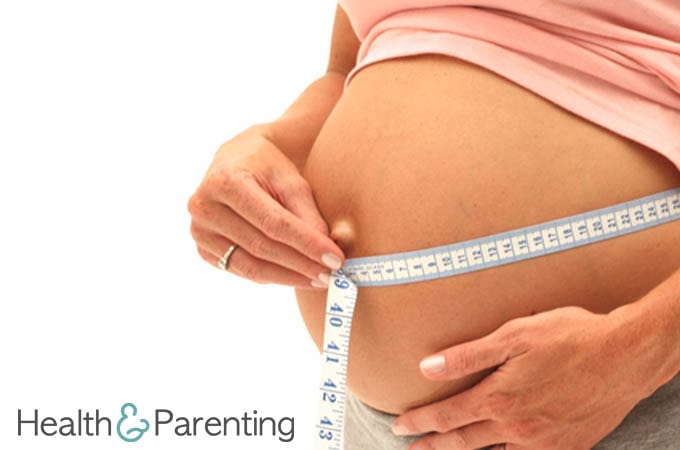Many women are concerned about flying while pregnant as they are not sure whether it will be safe or not. Except for some women who are facing certain pregnancy-related conditions, flying is generally safe during pregnancy. You can take an air trip as late as a month before your due date. However, as precautionary measures, airline policies regarding pregnant travelers might not allow you to fly beyond a certain time period. Not because you may find it difficult to fit in those crammed airline seats, but because it will be a nightmare for the airline if your baby decides to make its grand entrance in the plane! How many airline attendants do you know that can deliver a baby?
Is It Safe to Fly When Pregnant?
Usually, all women who are going through a smooth and normal pregnancy can fly without any difficulty. However, it is recommended, even for these women, to stay on ground after their 36th week of pregnancy as the risk of labor is high after this time. In the case of women who have complications (such as, high-blood pressure, diabetes, hypertension, sickle cell disease, placenta abnormalities or are at risk of premature labor) flying can be problematic and is not recommended.
Are There Any Risks?
If you’ve got a clean bill of health, there may be one risk that you face if you are flying during pregnancy – the lack of blood circulation. Especially if you are taking long flights, you might have to stay put for too long which can increase the risk of thrombosis or blood clotting, and of varicose veins. However, wearing support stockings and moving around a bit in the flight can regulate blood circulation enough to avoid these issues.
When Is The Right Time to Fly?
The second trimester is considered to be the best time for flying for pregnant women. Since you may not experience as much morning sickness during this phase, you will feel more energized and up for traveling. In the first trimester, traveling can also be fine if you don’t have a bad case of morning sickness. For the third trimester, flying can definitely take more of a toll on your body. In most cases, airlines won’t allow you to travel during the third trimester.
Fly or Not: How To Decide?
Before you make the decision whether to should fly or not, the best thing to do is to ask your obstetrician or midwife. While you might be having a smooth and healthy pregnancy, it is still better to get your doctor’s go ahead before setting off.
Some Tips for When You Are Flying
- Before you book a ticket with an airline, find out its policies and guidelines regarding pregnant women who want to travel.
- During pregnancy, it is better to get an aisle seat so that you can have more space and comfort, and because it allows you to move freely.
- Make sure you have fastened the seat belt properly. You can secure the lap belt below your abdomen for safety.
- In order to keep circulation normal, try to walk up and down the aisle whenever possible. If you can’t do that, keep flexing your legs and ankles while staying seated.
- Flying can often cause dehydration so make sure you are drinking enough non-caffeinated fluids, especially water.
Zika virus alert: Zika is a virus spread by mosquitos that typically causes a mild and short-lived infection. The Zika virus can, however, cause very serious birth defects if your fetus is exposed. If you’re pregnant or plan to become pregnant, health experts recommend postponing any non-essential travel to areas of the world where Zika virus is prevalent. Zika has been found in Central and South America, the Caribbean, Southeast Asia, a number of Pacific island countries, and several countries in Africa. In the US, Zika has been found in Florida. If you’re planning to travel to one of these areas, speak with your healthcare provider about the best way to protect yourself and your unborn baby.
Written by Manal, first time mom, rearing an infant.
This information is not intended to replace the advice of a trained medical doctor. Health & Parenting Ltd disclaims any liability for the decisions you make based on this information, which is provided to you on a general information basis only and not as a substitute for personalized medical advice. All contents copyright © Health & Parenting Ltd 2017. All rights reserved.














